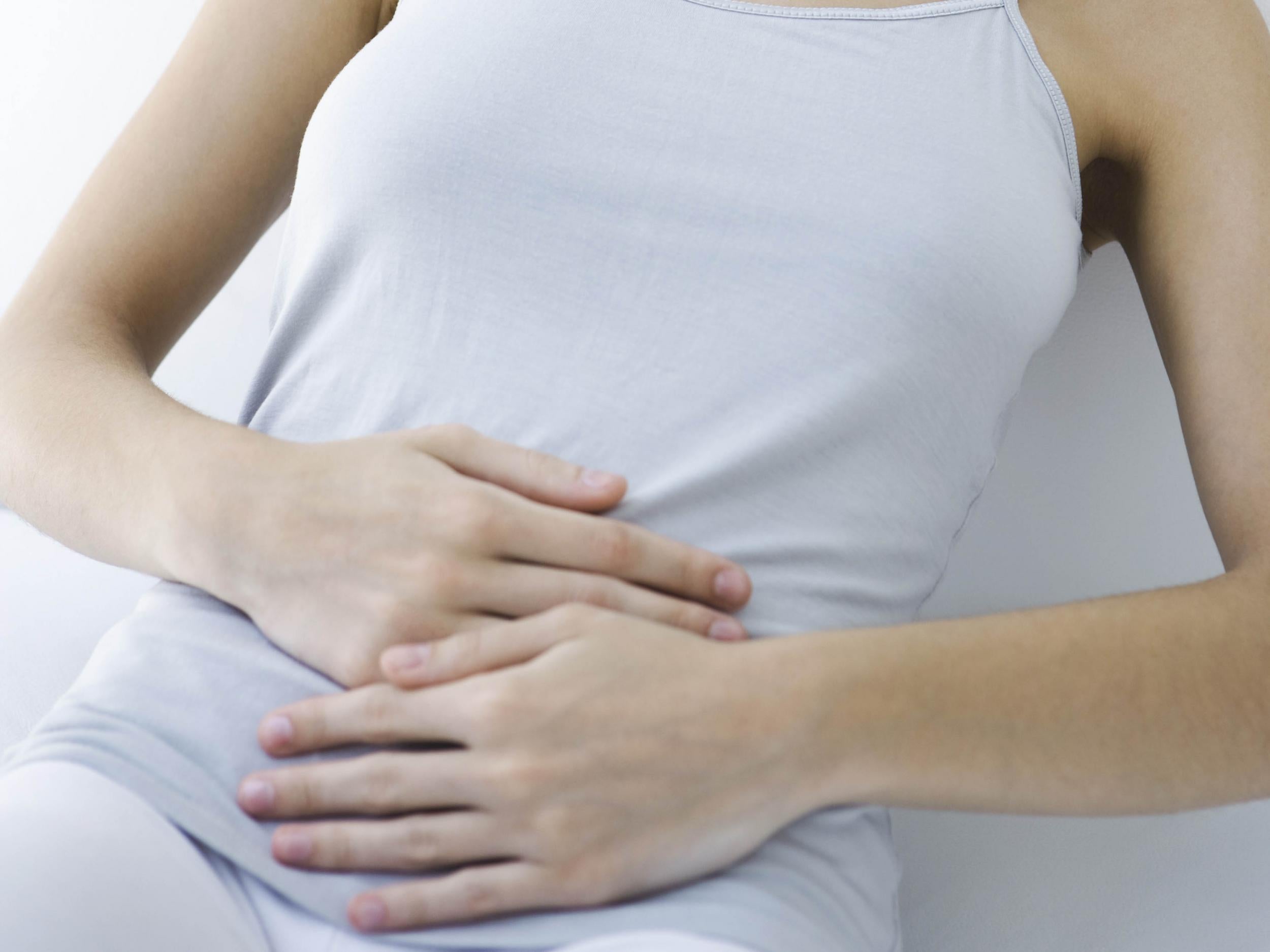Period pains can be 'as bad as a heart attack', say scientists
It is not clearly understood why some women suffer more than others

Your support helps us to tell the story
From reproductive rights to climate change to Big Tech, The Independent is on the ground when the story is developing. Whether it's investigating the financials of Elon Musk's pro-Trump PAC or producing our latest documentary, 'The A Word', which shines a light on the American women fighting for reproductive rights, we know how important it is to parse out the facts from the messaging.
At such a critical moment in US history, we need reporters on the ground. Your donation allows us to keep sending journalists to speak to both sides of the story.
The Independent is trusted by Americans across the entire political spectrum. And unlike many other quality news outlets, we choose not to lock Americans out of our reporting and analysis with paywalls. We believe quality journalism should be available to everyone, paid for by those who can afford it.
Your support makes all the difference.Periods can cause women as much pain as heart attacks, scientists now believe.
There is very little research on period pain despite the fact that one is five women have their lives seriously affected by painful menstruation, Quartz reports.
The director of the gynecological pain at NorthShore University Healthsystem, Frank Tu said that many doctors are taught that ibuprofen "should be good enough" to combat such pains.
Professor John Guilleaud from the University College London said menstrual cramping can be as "bad as having a heart attack".
Dysmenorrhea, the clinical term for painful periods, has no definitive medical origin.
The other main cause of menstrual pain is endometriosis where tissue normally lining the uterus is found on the pelvis, fallopian tubes or ovaries.
In addition to causing extremely painful menstrual cramps, untreated endometriosis can cause infertility.
The "million dollar question" is why some women suffer more from period pain than others, according to Dr Richard Legro from Penn State College of Medicine.
Professor John Guilleaud said: "I think it happens with both genders of doctor.
"On the one hand, men don’t suffer the pain and underestimate how much it is or can be in some women.
"But I think some women doctors can be a bit unsympathetic because either they don’t get it themselves or if they do get it they think, ‘Well I can live with it, so can my patient'."
Join our commenting forum
Join thought-provoking conversations, follow other Independent readers and see their replies
Comments